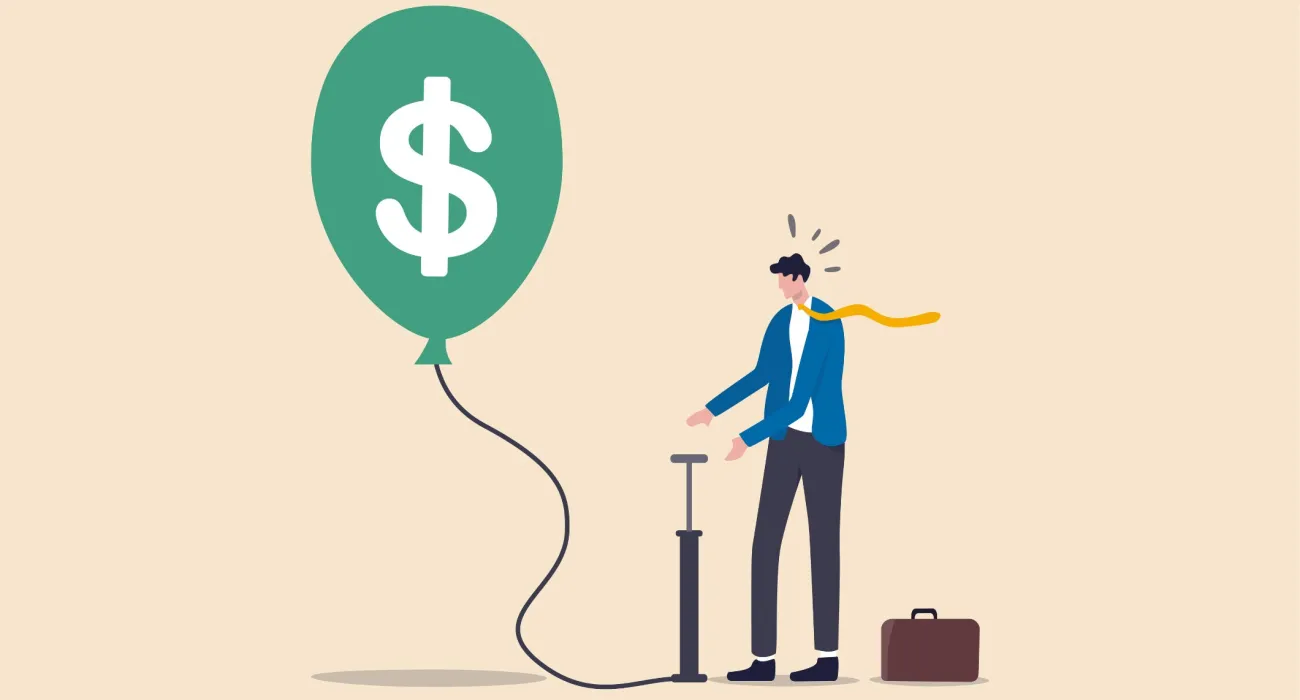Are Serious Levels of Inflation Starting to Take Hold on the US Economy?
The good news is that the United States economy is starting to pick up speed after it all but came to a screeching halt due to the Covid pandemic. However, as the economy roars back to life through 2021, investors may very well need to deal with some unexpected inflation related pressures. Both bond market traders and Wall Street experts have been signaling the fact that inflation could easily rise from its current dormant levels. Billionaire Warren Buffet along with a laundry list of other executives happens to agree.
At the annual Berkshire Hathaway shareholder meeting, Mr. Buffet was quoted as saying " we are seeing substantial inflation. We are raising prices. People are raising prices to us, and it's being accepted." Mr. Buffet was noted as saying that the significantly higher steel prices are affecting Berkshire's housing and furniture business. In addition, lumber is now three times more expensive than it was at this time last year. Mr. Buffet is also quoted as saying "people have money in their pocket, and they pay higher prices...it's almost a buying frenzy. The economy is red hot."
Many experts see inflation moving towards the Federal Reserve's 2% target rate. Some see inflation as moving beyond it. That has been an elusive objective for a great deal of the past decade. So what is the primary driver behind this? In essence, the US economy is now in a massive reopening stage. This is due to the fact that numerous adults have been and are getting vaccinated from the Corona virus. In addition, Pfizer just announced that Covid vaccination will soon be approved for children as young as twelve years old.
This has recently caused and will continue to cause pressure to increase prices across industries that were vulnerable during the Covid pandemic. The federal government considers a bit of inflation to be a good for the economy. In essence, it is a sign of growth. A small amount of inflation also provides some wiggle room for the central bank to take action the next time an emergency occurs that requires financial assistance. That being stated, there are a numerous factors that have come together to keep the inflation level low.
They may very well contribute to the rise in inflation over the next few months. Yet, interest rates may stay lower for a longer period of time. Although demand in many industries is higher than the current supply, the lower interest rates should go a long way in keeping inflation contained as opposed to having it rise out of control. That being stated, we should still expect spikes in the inflation level. However, those spikes may be more on a cyclical basis as opposed to a permanent one. Policy makers would need to see a continuous and constant level of inflation prior to taking any action.
The uncertainty of rising inflation and the federal
government's response is crucial at this point in time. The US economy is
beginning to enter into a new phase of a strong and sustained recovery based on
the current outlook of the Covid pandemic. The question that remains is whether
or not the economy will enter into a bubble phase? If so, will the bubble be
jump-started by rising interest rates that are attempting to keep up with the
rapid rate of economic growth?
If you would like to receive more information on making smart money moves for your future, be sure to contact us today!




